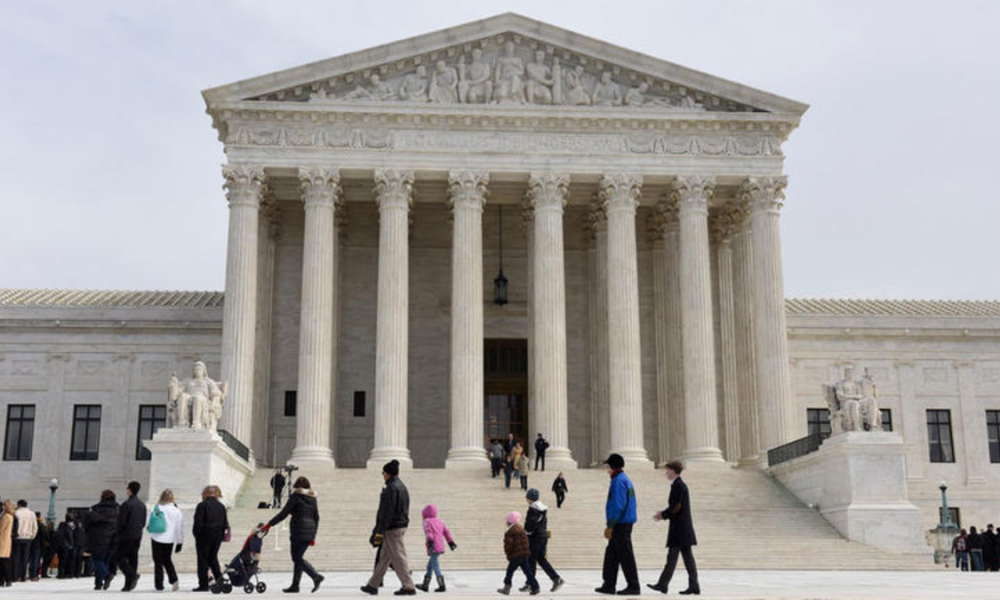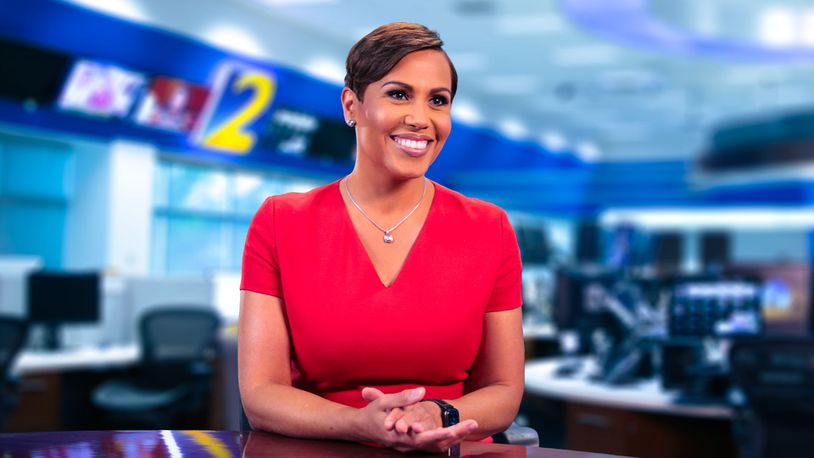The Supreme Court of the United States (SCOTUS) specifically ruled that the National Collegiate Athletic Association (NCAA) cannot enforce limits on Division I basketball and football players’ college-offered educational benefits.
What We Know:
- Current NCAA rules state that colleges cannot pay student-athletes. In addition, institutions must cap scholarship amounts to the cost of attendance. The association implemented these rules because officials felt that if they paid athletes, fans would begin to criticize the players’ amateur statuses. This, in turn, would result in fewer admirers.
- However, SCOTUS rejected their claims; the Justices unanimously ruled that the NCAA cannot restrict relatively modest payments to their players based on amateurism. Justice Neil Gorsuch wrote the court’s opinion, citing that doing so violates antitrust laws.
“The NCAA is not above the law,” wrote Justice Brett Kavanaugh.
- This case has been around for a while now. Last year, former players, including West Virginia football player Shawne Alston, sued the NCAA for their unfair laws. The U.S. Court of Appeals for the Ninth Circuit in San Francisco determined the collegiate association could not limit educational benefits. This decision permitted payments for things such as musical instruments, scientific equipment, postgraduate scholarships, tutoring, study abroad, academic awards, and internships.
- Despite this, the appeals court did not allow the NCAA to provide athletes with a salary. Therefore, Alston and others took the case to SCOTUS.
- The unanimous ruling did not directly imply if institutions can now compensate their players. Instead, Monday’s verdict permits those playing Division I men’s or women’s basketball or Bowl Subdivision football to receive cash/cash-equivalent awards based on their academics or graduation. Universities can now offer scholarships for students to complete undergraduate or graduate degrees. Students may also partake in paid internships once they complete their collegiate sports eligibility.
- SCOTUS will not require schools to provide the benefits. Alongside this, conferences can impose prohibitions on the benefits if the member school chooses to. However, a conference cannot limit or prevent said assets.
- With the new, multi-level, victory, the athletes feel ready to challenge other aspects of these rules. One lawyer, Steve Berman, already opened another case against the NCAA related to this one. He will ask for the courts to prevent the NCAA from maintaining rules that restrict the amount of name, image, and likeness (NIL) payments available to athletes.
Berman will also seek “unspecified damages” based on the share of television-rights money and social media earnings plaintiffs could have received if NIL compensation limits did not exist.


